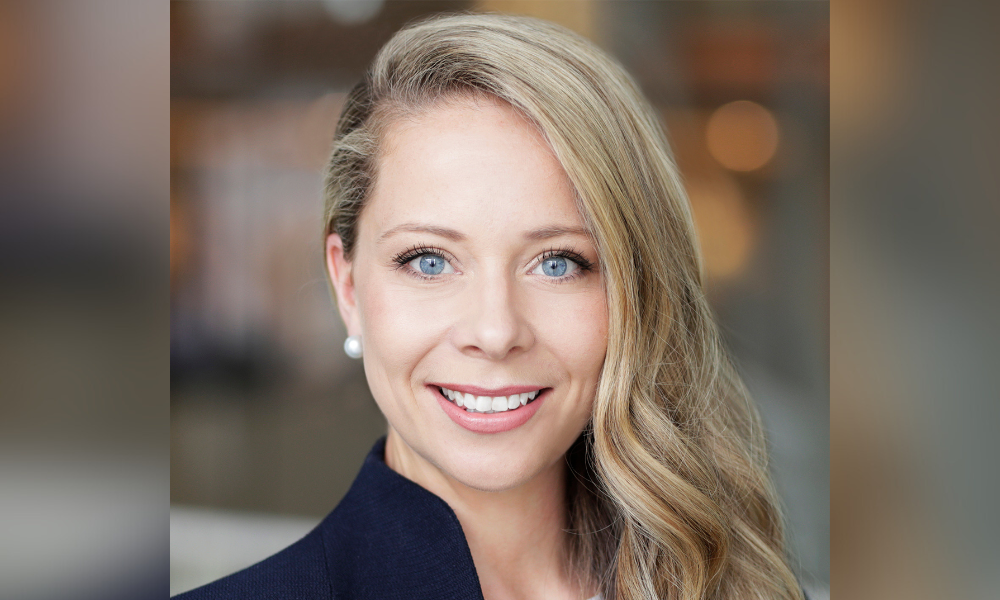
Katie Wood believes that having empathy is "an incredible strength"

Katie Wood was going to be a scientist until a summer clerkship introduced her to what she described as “a team of dynamic, incredibly impressive and supportive people who loved what they were doing”.
Today, as a partner at the very same firm that employed that group, Wood is becoming a difference maker herself. She is one of the names behind Clayton Utz’s recently established Financial Accountability Regime (FAR) e-learning hub, and looks forward to seeing what else AI can do for the profession.
In this interview, Wood talks the difficulty of hitting work/life balance and “making sure we’re good humans”.
I did a double degree in science and law and thought I would end up as a scientist until my eyes were opened during my summer clerkship at Clayton Utz. I was inspired by a team of dynamic, incredibly impressive and supportive people who loved what they were doing — making new law and achieving excellent outcomes for clients. Those two elements of my job remain my favourite parts: being part of a high-performing team and being challenged daily by new aspects of the law and client management.
Clayton Utz is going through an exciting transformation. We're striving to be a firm that is authentic, collaborative, diverse, entrepreneurial and a place where everyone feels like they belong. As part of that, we have many great initiatives underway.
One recent initiative that's close to my heart (I was part of the wonderful team that designed it) is our Financial Accountability Regime (FAR) e-learning hub. We launched this in November as an offering to clients and the market.
FAR is a major regulatory reform that changes how many organisations across the financial services sector manage governance and accountability outcomes. For entities that it applies to, it's important to know how to practically comply with the new obligations. This starts with an understanding of FAR — not just from in-house legal teams, but senior leaders and executives, risk professionals, and even boards. The FAR hub is designed to support these entities in the banking, insurance, and superannuation industries and help them to navigate the new regulations with insightful and practical learning tools. To put it simply, it aims to bridge the knowledge gap by helping organisations through this major reform in an engaging and informative way.
I'm most excited about our FAR e-learning hub. It was great to be a part of the team behind the initiative. Our FTS data analytic experts also work with a variety of AI and have been successfully building products on ChatGPT for both internal use and external client use. This includes initiatives such as our ESG tool that summarises climate change case law, and our client-facing AI tools such as the Obligations Navigator which uses generative AI to validate and produce Obligations and Controls registers.
My proudest moment in the last year is having my second daughter. The biggest lesson I've learned over the past year is one that I've been trying to learn for a while (because it's not one that can happen overnight), that we need to make sure we are striking the right balance between work and life and that being empathetic is an incredible strength.
Making sure we're good humans, listening to what our clients and our team members are saying and ensuring that we value relationships, interpersonal skills and delivery on promises in the same way that we value technical excellence.
The emergence and continued evolution of AI is one of the biggest challenges we will have to address going forward as a business. The way big law firms have traditionally operated and done business doesn't necessarily sit with the introduction of sophisticated AI and so I think we need to make sure we're staying ahead of the curve and thinking about how we are nimble enough to embrace and integrate new technology without significant detriment to our business and the legal industry.
New opportunities and challenges. Seeing my team grow, develop and achieve their goals.
Loki.